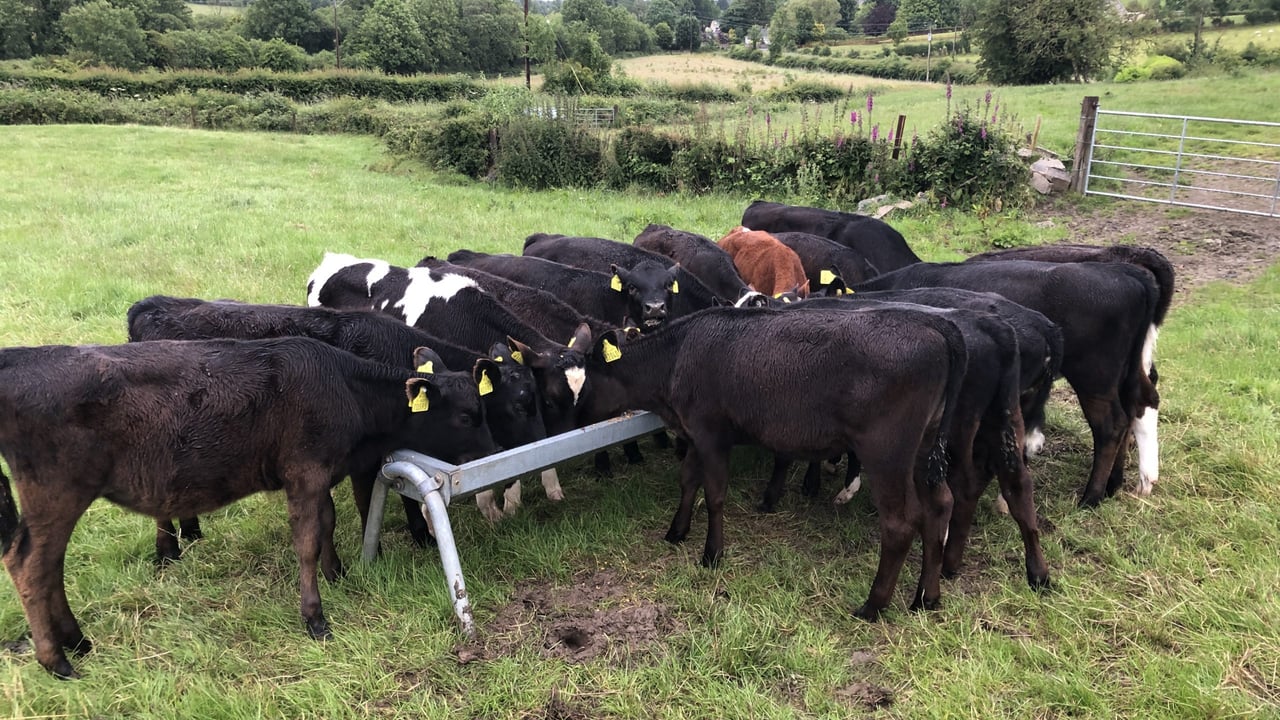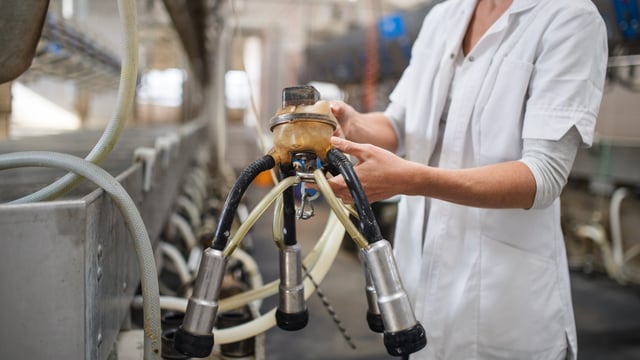Increased reports of lungworm outbreaks on farms this year
There have been increased reports of lungworm outbreaks in cattle herds across Ireland this year.
In the latest Sustainable Parasite Control in Grazing Ruminants (SPARC) project newsletter, Animal Health Ireland's (AHI's) Natascha Meunier said that young cattle that have not yet developed any immunity in their first season grazing are particularly susceptible to lungworm, but warned that outbreaks can occur in older cattle also.
The AHI Beef HealthCheck and Parasite Control programme manager said that outbreaks of lungworm - or 'hoose' as it is also known - can be unpredictable.
Meunier reminded farmers of the clinical signs of lungworm such as coughing that can be particularly noticeable when stock are being moved.
She said: "One or two calves coughing can very quickly spread throughout the whole group."
"Faecal sampling is useful but often the damage is done before eggs are seen in faeces, so a farmer should never rely on these alone."
She also said that cows with lungworm may have a severe drop in milk yield and this can be observed before coughing is seen.
Affected cattle also have an increased susceptibility to other respiratory pathogens, such as viruses and bacteria that can lead to pneumonia as animals are housed.
Pastures that were grazed by calves only the year prior are high-risk, while silage aftergrass is low risk for contracting lungworm, the AHI programme manager said.
Meunier advised farmers to discuss the best options for treatment of lungworm with their vet.





